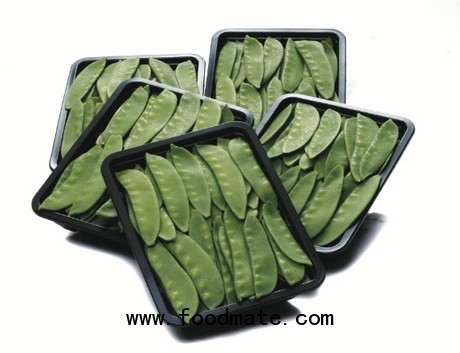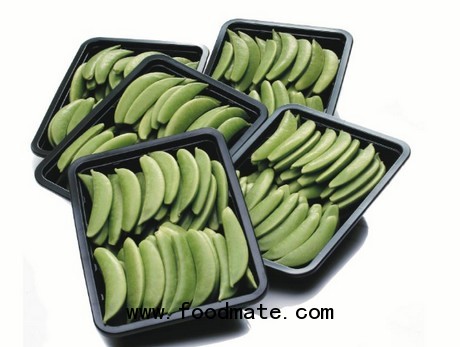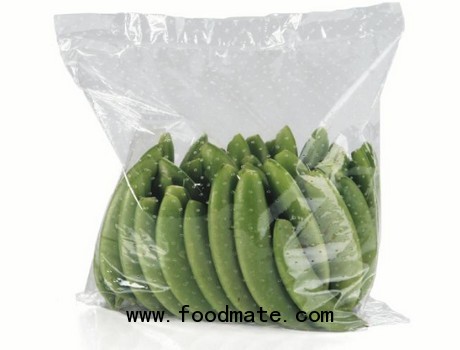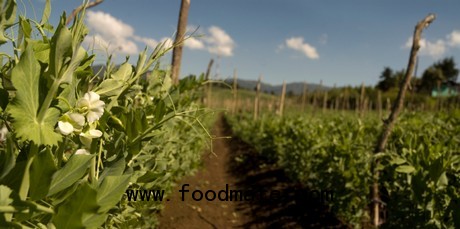 Anunción Export was founded 16 years ago by Fernando Farfán. When Fernando began operations he did so as a trader of vegetables, getting in touch with grower groups to market their produce in the US. He worked in this way for two years, though he found the US market to be unstable.
Anunción Export was founded 16 years ago by Fernando Farfán. When Fernando began operations he did so as a trader of vegetables, getting in touch with grower groups to market their produce in the US. He worked in this way for two years, though he found the US market to be unstable. Because of this, when his son, Alejandro, joined the company in 2000 they began to look for alternative markets. They participated in a CBI (Ministry of the Netherlands Foreign Office) programme which assists businesses in developing countries to export to the European Union.
Alejandro says the breakthrough came for them when he attended a CBI event in Rotterdam, which was how the company got to exporting their products - mange tout and sugar snap peas - into Europe instead of the US.

In order to maintain their attractiveness to the European market the company began to take interest in food safety and corporate responsibility. Alejandro gives an example:
"We have become focused on social issues, such as the improvement of working conditions for our employees. In addition we have invested in programmes aimed at improving education in the areas where our produce is grown.

"In this way we hope to quickly be in a position to achieve "For Life" accreditation. We are receiving a lot of support in this from some of our European distributors."
Alejandro explains that the company is also looking to give the workers greater job security.
"We have added French beans to our repertoire and are selling them on the US market - Kenya is too competitive in Europe for us to really do well there in this line at the moment. The thing is with the sugar snaps and the mange tout, they are available November-May, which means there is little work we can offer the employees May-October. In this way we can keep things going all year round, which is to everyone's advantage"

Speaking of the future Alejandro says that the industry is seeking way to switch from air freight to ocean shipping, which would improve the company's environmental performance and cut operating costs in a stoke. The only problem is maintaining freshness for the extended journey time.
"Air freight can take up to 48 hours, but with ocean shipping it can take as much as 30 days, plus storage and distribution once it arrives.
"To counter this we have been looking to extend shelf life and have managed to ensure freshness of our products for up to 50 days."
Alejandro says this has been achieved by optimising processes from the field to packing.

He says the market is not without challenges and that one of the toughest things facing the industry, internationally, is the unpredictability of the weather right now.
"The weather seems to change from one year to the next now. What this means for us is that we have to be adaptable, ready for whatever happens. Because of this we have changed our processes, now we can cope if there is a lot of rain. Similarly, if there is no rain, we can irrigate."
For this year, he says, "So far, so good, but we never make predictions - tomorrow it could all change."







